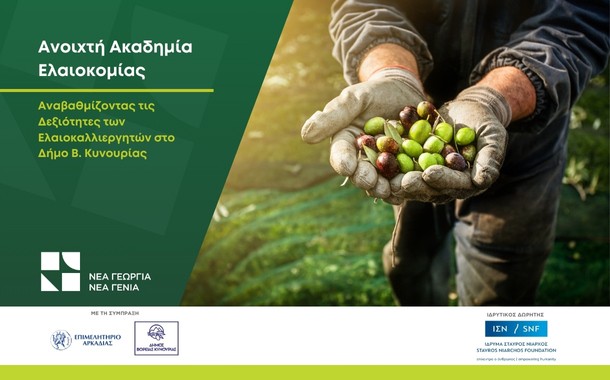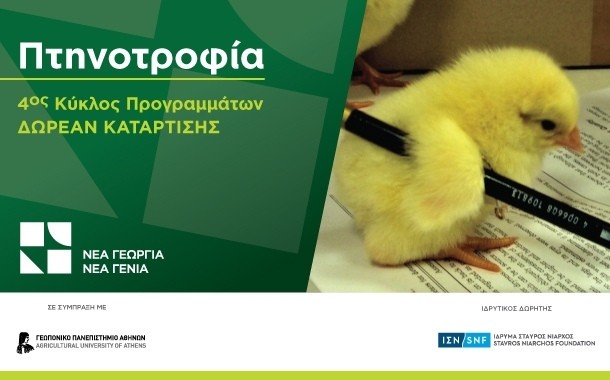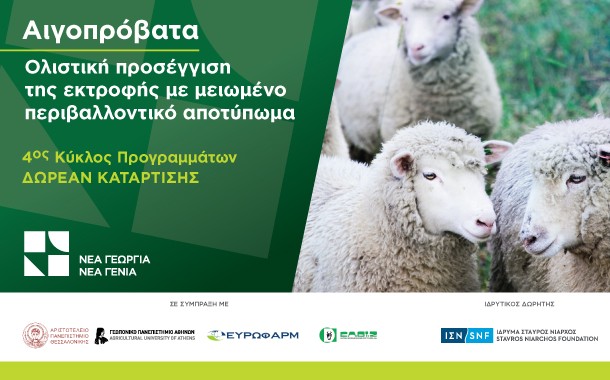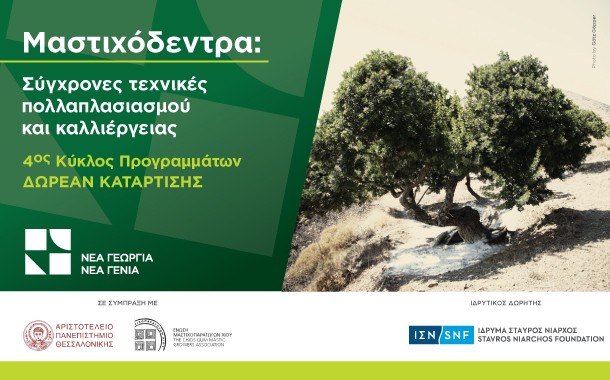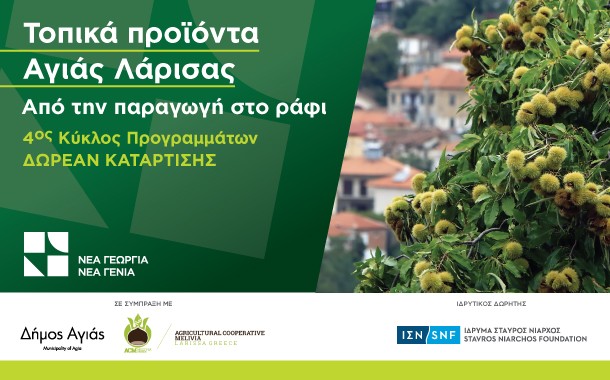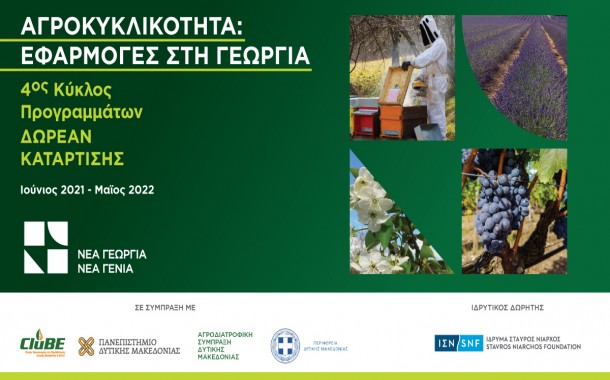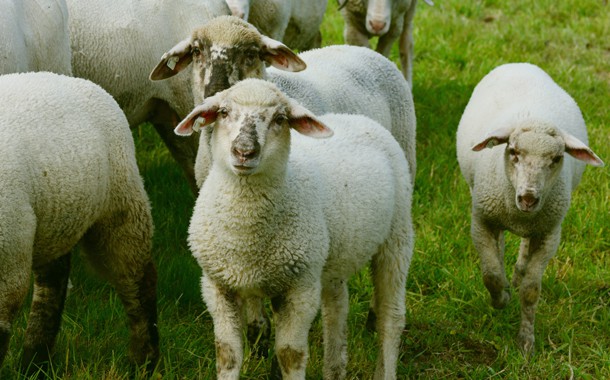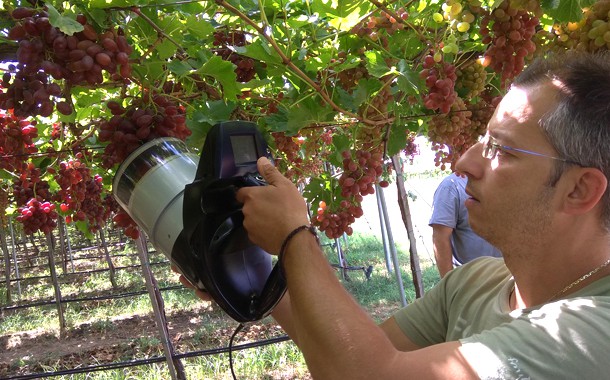Program Title
Rebuilding Beekeeping Sector in Thessaly: Queen Rearing: Replenishing Bee Colonies and Rescuing Local Genetic Material
Brief Description
The organization New Agriculture New Generation announces the initiation of the program “Rebuilding Beekeeping Sector in Thessaly: Queen Rearing: Replenishing Bee Colonies and Rescuing Local Genetic Material”. The program is aimed at all affected beekeepers in Thessaly and is implemented within the framework of the action “Rebuilding Beekeeping Sector in Thessaly”.
The program is designed and implemented in collaboration with the Agricultural University of Athens, under the scientific guidance of the Laboratory of Sericulture and Beekeeping, headed by Associate Professor Georgios Goras. It is co-funded by the organization New Agriculture New Generation through the founding donation of the Stavros Niarchos Foundation (SNF), the Region of Thessaly, the John S. Latsis Public Benefit Foundation, and the company APIVITA.
The program “Rebuilding Beekeeping Sector in Thessaly: Queen Rearing: Replenishing Bee Colonies and Rescuing Local Genetic Material” will be implemented from April to September 2024 and will provide support to 300 affected professional beekeepers in Thessaly, by supplying 27,000 queen cells.
The above actions will contribute not only to the restoration of the damages caused by “Daniel” but also to the development of conditions for the future strengthening of the sector in Thessaly.
Purpose of the Program
The organization New Agriculture New Generation aims to contribute to the reconstruction of the beekeeping sector and to support the beekeepers of Thessaly after the floods caused by the phenomenon “Daniel”.
The program aims to support up to 300 beekeepers affected by the catastrophic weather event Daniel with 27,000 queen cells originating from the endemic genetic material of the region. The production of queen cells will be carried out by 10 specialized queen breeders who will provide queen cells either from their own selected genetic material or from selected genetic material of the beekeeper, if available. The program offers the opportunity to produce suitable genetic material and quality queens with the ultimate goal of quickly replenishing the lost bee colonies.
The 10 specialized queen breeders were trained in the successful program “Queenrearing: Utilization, Rescue, and Improvement of Bee Genetic Material in Thessaly” and performed more than 800 inoculations between 2022 and 2023. This specific action has already received significant awards in Greece, such as the Bravo Sustainability Award 2022, category “Protection of Ecosystems and Biodiversity” and the GOLD Environmental Award, category “Sustainable Agriculture”.
Target Audience
All beekeepers in Thessaly.
Priority will be given to affected beekeepers, following evaluation of applications.
Areas of Action
Regional Units of Larissa, Karditsa, Magnesia, Trikala.
Application Submission & Duration of Action
Phase B of Participation Applications until April 30, 2024.
The provision of queen cells will take place from April to September 2024.
Contact Numbers for Larissa Regional Unit
Elina Kampisiou: 6974012351
Ioannis Senkos: 6936820666
Contact Numbers for Karditsa Regional Unit
Katerina Apostolopoulou: 6993736456
Alexandros Giannakopoulos: 6988198696
Alexandros Liatsos: 6976290719
Giorgos Xiros: 6983603675
Contact Numbers for Magnesia Regional Unit
Dimitris Kolettas: 6974202989
Periklis Stamou: 6972501043
Contact Numbers for Trikala Regional Unit
Konstantinos Lamprogeorgos: 6979630121
Ioannis Topalidis: 6974917578
For More Information
Kalliopi Karamboiki, Capacity Building Manager
New Agriclture New Generation
Tel: 2106917986, 6972096122
Email: [email protected]
Filippa Griva
Agricultural University of Athens
Tel: 6982187876
Email: [email protected]

